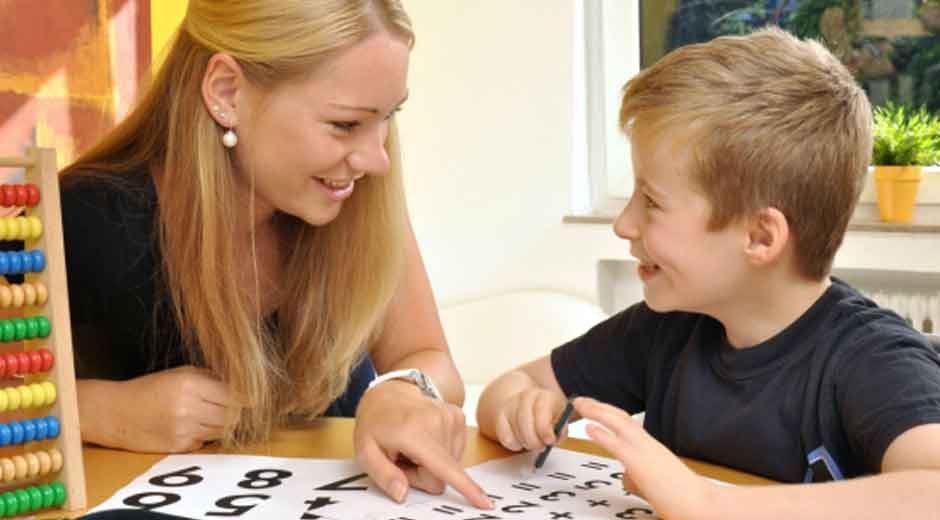Many parents believe that tutoring isn’t necessary in the early years of school. After all, isn’t Kindergarten just about play and adjustment?
But both research and real-world experience show that the foundations built between Kindergarten and Year 2 are critical for long-term academic success, particularly in reading and language development.
Children who master early literacy skills are more confident, more capable, and better prepared for future learning.
Today, you will read why these early years matter so much and how tutoring for kindergartners can provide valuable support from the very start. We will also share simple, fun strategies to help your child become a happy and capable early reader.
Why Early Literacy Matters More Than You Think
Learning to read is about building the foundation for lifelong learning. Early literacy shapes how children make sense of the world, absorb new information, and express themselves.
Research consistently shows that strong reading skills developed in the early years are closely linked to future academic success, greater self-confidence, and even emotional well-being.
Yet, many families wait until their child begins to fall behind before considering extra help. It’s a common misconception that tutoring is only for students who are struggling.
In reality, early intervention strengthens foundational skills and prevents gaps from forming. That’s why tutoring for kindergartners is not about rushing into academics but about building confidence, enjoying learning, and seeing reading as something exciting from the beginning.
What Are The Benefits of Tutoring for Kindergartners?
Starting tutoring in the early years is about giving your kids the right support at the right time. Here are some of the key ways tutoring can positively shape a child’s learning journey.
1. Personalised Support for Every Learning Style
Every child learns differently and in those early years, the differences in learning styles and pace can be especially noticeable. Some children thrive in group settings, while others benefit from more focused, individual attention.
That’s where one-on-one support makes all the difference. With tailored sessions based on each child’s learning needs, tutoring can meet students exactly where they are and help them move forward with confidence.
2. Early Identification of Literacy Gaps
Qualified and experienced educators can recognise early signs of difficulty and gently guide young learners toward improvement. These tutors are skilled in delivering lessons that are both structured and playful, building essential skills while making learning enjoyable.
This kind of support improves focus, reduces anxiety, and helps children feel more confident and excited about school.
3. A Foundation for Long-Term Success
When introduced early, tutoring for kindergartners can have a lasting impact. Strengthening literacy in Kindergarten to Year 2 lays the groundwork for future academic achievement and helps children feel better prepared for key milestones like NAPLAN, selective school entry, and the HSC. It’s an early investment that creates long-term benefits across every stage of education.
What Are Some Fun, Effective Literacy Strategies for Early Readers?
Learning to read should never feel like a chore, especially in the early years. At this stage, children are naturally curious and eager to explore the world around them. When reading is introduced in fun, meaningful ways, it sparks joy, builds confidence, and lays the foundation for future academic success. These strategies help make literacy both effective and enjoyable.
1. Play-Based Learning
Simple games like letter matching, phonics bingo, or sound hunts are powerful tools for building phonemic awareness, which is the capability to hear and manipulate sounds in words. These playful activities keep young minds engaged while developing essential pre-reading skills.
2. Story Time with a Twist
Reading aloud is a staple in early literacy, but adding a twist can make it even more impactful. Ask open-ended questions, encourage predictions, or let your child retell the story in their own words.
Tutors often use storybooks not just for reading practice but as a launchpad for learning new vocabulary and exploring language in a deeper, more interactive way.
3. Literacy Through Everyday Activities
Reading shop signs, recipe steps, or even cereal box labels turns everyday life into a learning adventure. These incidental reading moments help children connect words to real-world experiences. This approach is often used by tutors to encourage learning beyond the classroom.
4. Repetition with Variation
Tutors often cycle through songs, rhymes, tracing, and drawing activities to reinforce key sounds, sight words, and spelling patterns.
5. Celebrate Every Milestone
Progress, no matter how small, deserves recognition. Praise goes a long way, whether it’s reading a new word or remembering all the letter sounds. Tutors use encouragement and positive reinforcement to build confidence, helping children feel proud of their achievements and excited for what’s next.
Closing Thoughts: Give Your Child a Head Start
Tutoring for kindergartners is about creating a supportive, nurturing space where children can grow in confidence and curiosity. The early years are the perfect time to build strong literacy foundations. With the right support from the start, every child can become a happy, capable, and confident learner.






